
The GCC at 40: Where it will - and likely won't - find unity in future
This week marks the 40th anniversary of the formation of the Gulf Cooperation Council (GCC), an organisation whose future, at least until January of this year, seemed extremely uncertain. Indeed, between June 2017 and January 2021, half of the GCC's members (Bahrain, Saudi Arabia, and the UAE), alongside Egypt, had cut off diplomatic links with Qatar. Only four years prior, in 2013, the same states had cut diplomatic ties with Qatar largely due to their opposition to and concern about Qatari foreign policy after the Arab Spring.
The final Al Ula Summit communique, which formally brought an end to the most recent intra-GCC rift this January, sets forth a potential path "to achieve coordination and integration between the Member States in all fields to eventually reach a union of states."
In particular, the document recognises one goal as enhancing regional coordination through the implementation of "a unified and effective foreign policy." Working towards a common GCC foreign policy is a surprising goal, given that the diplomatic rifts in the past have been due to differences in opinion about how best to conduct foreign policy decisions, particularly when it comes to Sunni Islamism and Iran.
"Cracks in a potentially unified GCC foreign policy seem to have surfaced over disagreements about engagement with Israel"
In recent weeks, cracks in a potentially unified GCC foreign policy seem to have surfaced over disagreements about engagement with Israel. With recent Israeli incursions into Gaza, differences between those GCC states that have signed the Abraham Accords (Bahrain and the UAE) and those who have not normalised ties with Israel have become increasingly apparent.
Qatar has become particularly vocal in its support of the Palestinian cause, with a large rally on 15 May in Doha to express solidarity with and support for Palestinians. Qatari Amir Shaikh Tamim bin Hamad al-Thani also expressed in a phone call with PA leader Mahmoud Abbas on the 22nd continuing support to "the brotherly Palestinian people and their just cause" and promised efforts "to stop the Israeli attacks on the Palestinian people and the blessed Al-Aqsa Mosque." Kuwait has also taken a firm stance, with large protests and a proposed draft law to ban expressions of sympathy with Israel.
Kuwait and Saudi Arabia's foreign ministers were also outspoken in their admonition of Israel in the United Nations last week. Meanwhile, Bahrain and the UAE, along with Oman, have largely remained silent, leading to question about whether a unified GCC foreign policy could hinge on their positions vis-à-vis Palestine.
Beyond the issue of normalisation with Israel and broader foreign policy considerations, the GCC may have more success moving forward with economic integration and in particular with restoring free movement of GCC citizens across borders (to the extent possible during the pandemic), areas in which the union has historically made the most progress. Thus far, however, the GCC has abandoned an agreement signed in 2016 to coordinate their introduction of five percent value-added taxation (VAT), with each state taking measures individually due to the political sensitivities of raising costs for citizen populations.
With all six countries facing similar challenges due to the economic slowdown caused by the Covid-19 pandemic, it may be the right time to introduce common austerity measures, although the member states have, largely over the course of the GCC crisis, developed their own measures, with Kuwait unable to pass any VAT law through parliament and with Oman implementing the first ever income tax in the region.
"With the council itself only recently restored, however, it is unclear how much trust underlies rhetoric about bolstering regional cooperation"
Efforts to make a GCC-wide monetary union were similarly scuttled in the early 2000s over disagreements about where to locate the central bank and issues related to a common monetary policy, leading Oman and the UAE to withdraw in 2009.
While such efforts have been discussed in recent years, I consider it more likely for GCC-wide unity to exist for initiatives like the EU-GCC Free Trade Agreement than for cross-regional integration that may raise concerns about violations of national sovereignty, given that a lack of trust persists among may members of the GCC. Infrastructure projects, which do not require unified regional policy, such as the GCC Railway Project, may be more realistic in this climate. Indeed, that project appears to be underway, with the first phase linking Oman, Saudi Arabia, and the UAE to be finalised between 2021 and 2023.
In terms of security and military integration, which was critical to the council's founding in 1981 during the Iran-Iraq War, the GCC houses the Peninsula Shield Force, which last became active in Yemen in 2015 - a conflict in which not all member states chose to participate. The Al-Ula Summit notably approved an amendment to Article 6 of the Joint Defense Agreement to change the name of Joint Peninsula Shield Forces Command to the GCC Unified Military Command, based in Riyadh, but it is unclear whether it will be any more effective than its predecessor, which was most famous for its incursion into Bahrain in 2011 to crack down on local opposition protests.
On the whole, the GCC at 40 retains largely the same institutional frame that it has always had. What has changed, however, is the orientation of member states toward the broader region. With each member state appearing to have different threat perceptions when it comes to Sunni Islam, Iran, and Israel, I believe that unification in the field of foreign policy is unlikely to take place, although progress may be made in terms of facilitating the free movement of citizens and potential economic integration. With the council itself only recently restored, however, it is unclear how much trust underlies rhetoric about bolstering regional cooperation and integration.
Dr Courtney Freer is a research fellow at LSE Middle East Centre.
Follow her on Twitter: @CourtneyFreer
Have questions or comments? Email us at: editorial-english@alaraby.co.uk
Opinions expressed in this article remain those of the author and do not necessarily represent those of The New Arab, its editorial board or staff.

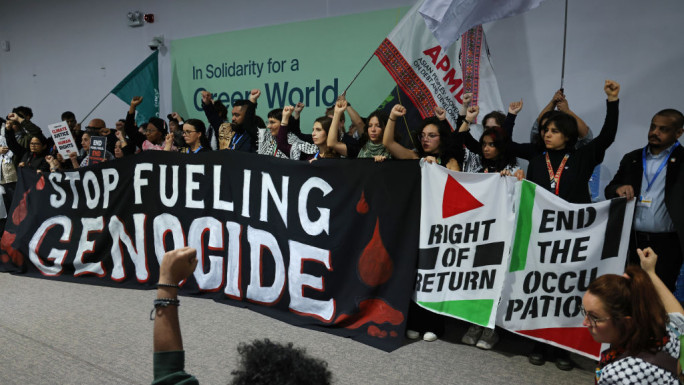
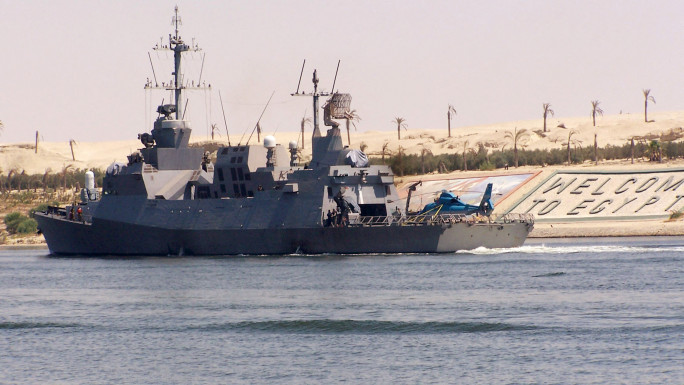
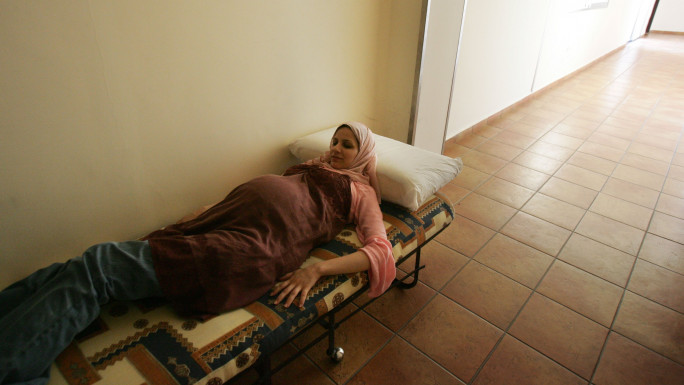
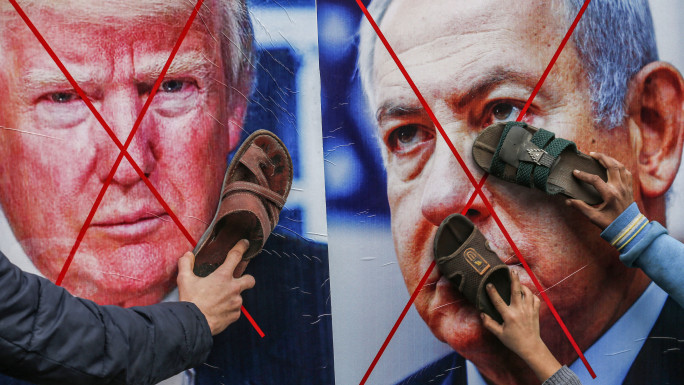
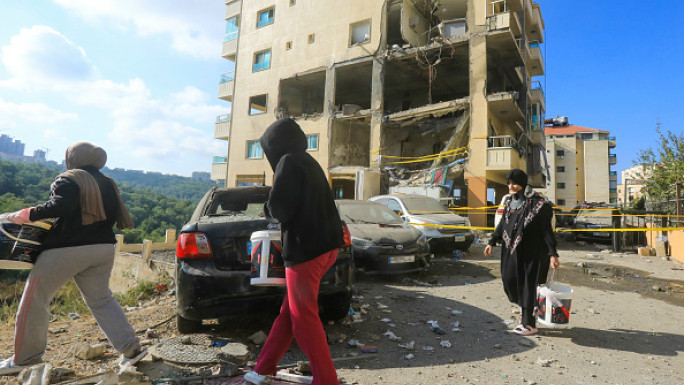
 Follow the Middle East's top stories in English at The New Arab on Google News
Follow the Middle East's top stories in English at The New Arab on Google News


